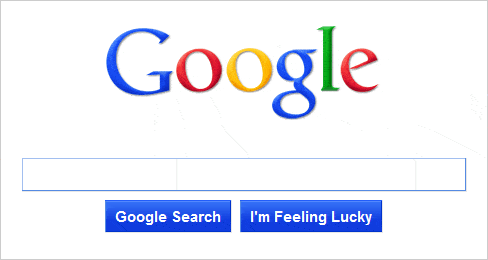Imagine that Google chooses not to display your website in its search results. While you may be vexed over it and think that it is illegal in some way, the fact is that Google, and all other search engines, are fully protected under the First Amendment to display whichever results they find good enough. This has been reported by a notable First Amendment scholar, Eugene Volokh.
Volokh is a law professor at UCLA. The report that he wrote, exploring the rights of search engines when it comes to displaying search results, has been commissioned by Google itself.
The chief attempt of the report is to prove that Google can display whichever results it wants to, in its search results. And that this would be perfectly legal and permissible. Volokh wrote, “Google, Microsoft’s Bing, Yahoo Search and other search engine companies are rightly seen as media enterprises, much as the New York Times Company or CNN are media enterprises.”
And since a media enterprise has the right to express an opinion based on the information it has, thus these results are protected under First Amendment. The whole feud actually started when PaidContent accused Google of rigging search results and not letting pages from PaidContent appear in its results. That is precisely what prompted Google to have this commissioned article written. The search giant told PaidContent, “We thought these issues were worth exploring in more depth by a noted First Amendment scholar.”
Another possibility as to why Google had this report written is the fact that the search giant, and other tech companies too, are coming under fire from lawmakers on a number of issues. However, at least when it comes to Google search, the search engine has proved its point and legal right in displaying whatever results it wishes to.
Source: PaidContent
Courtesy: CNET
[ttjad keyword=”cloud-storage-drive”]



